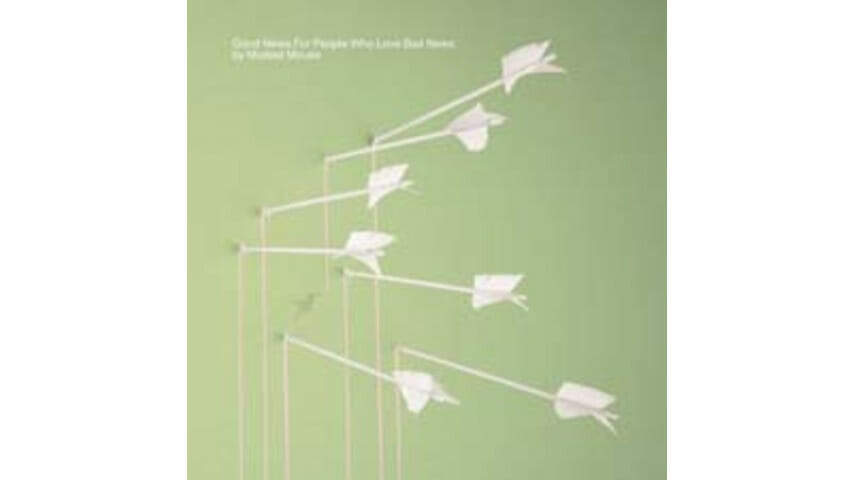Modest Mouse

In today’s fickle indie-rock universe where a band is considered passé by the time it graces its first magazine cover, Modest Mouse stands out as something of an anomaly. Proving itself one of the rare college radio bands that can weather signing with a major, a TV commercial, a three-and-a-half-year hiatus, a side-project and the departure of a founding member (drummer Jeremiah Green)—Isaac Brock and his Mouseketeers have remained surprisingly true to their uneasy blend of intensely fractured guitar rock, troubled yelping and impending existential collapse. Their fanbase has largely stayed loyal as well, waiting hungrily for EP and b-side crumbs to fall from the table, all the while nervously watching the band teeter on the brink of loud mouthing its way toward alienating label bosses, and hanging on every word of innuendo hinting at this album’s imminent arrival.
-

-

-

-

-

-

-

-

-

-

-

-

-

-

-

-

-

-

-

-

-

-

-

-

-

-

-

-

-

-

-

-

-

-

-

-

-

-

-

-








































